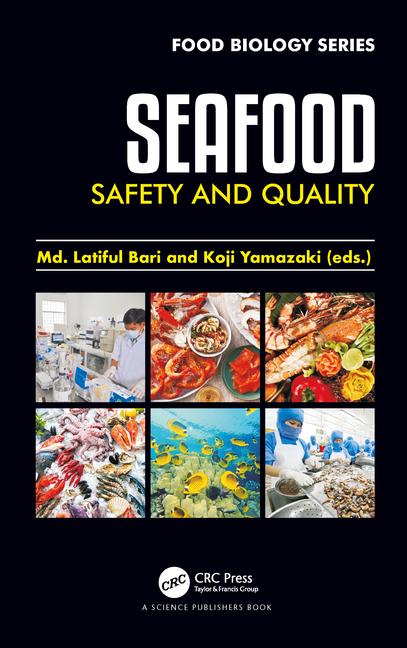House votes to restore funding to food safety labs

Rep. Gardner introduced the amendment after the House Agriculture Appropriations Subcommittee proposed eliminating $4.4 million – representing all of NAHLN's funding – from the Food and Agriculture Defense Initiative for fiscal year 2012. The elimination of NAHLN funding alarmed the AAVMC, AVMA, AAVLD and other agriculture and food industry experts, who warned that cutting funding to the 59-member NAHLN laboratory network could put the nation's health at risk.
Many of the network's laboratories reside at U.S. colleges of veterinary medicine, where they conduct food animal surveillance, respond to food producer's calls, and analyze tens of thousands of samples each year for threats such as E. coli, which has the potential to spread to the human population. Different labs have different specialties, helping to protect people from diseases such as Avian Influenza (Bird Flu), Swine Influenza, and so-called Mad Cow Disease (Bovine Spongiform Encephalopathy). NAHLN labs also have upgraded facilities that meet bio-containment and physical security requirements in the event of a bioterrorism attack.
"In the event of an emergency, NAHLN can mobilize its network to test large numbers of samples rapidly, process diagnostic tests, and share information," said Dr. Marguerite Pappaioanou, the AAVMC's executive director. "We applaud the House, and especially Rep. Gardner, for realizing the critical role NAHLN plays in protecting our nation's food supply."
After funding was eliminated, the AAVMC, AVMA and others worked collaboratively to meet with congressional representatives, educate them about NAHLN's importance, and draft an amendment to restore funding. The AAVMC also urged member colleges of veterinary medicine to call and write their congressional representatives to explain the potentially disastrous consequences of de-funding. "In light of the total federal budget, $4.4 million isn't a lot of money, but that money is put to good use for an important cause," said Dr. Pappaioanou.
In a letter to U.S. Rep. Kurt Schrader (D-OR), Dr. Cyril Clark, dean of the Oregon State University College of Veterinary Medicine, stressed NAHLN's importance to the nation's health, national security, and economic welfare. "Our laboratory protects the livestock and poultry industries of Oregon through accurate analysis of hundreds of samples every day in order to detect any disease that would have a significant economic impact on our state's and nation's agriculture industries, as well as threaten the safety of our food supply and harm public health," he wrote.
Source: Association of American Veterinary Medical Colleges
Looking for a reprint of this article?
From high-res PDFs to custom plaques, order your copy today!







